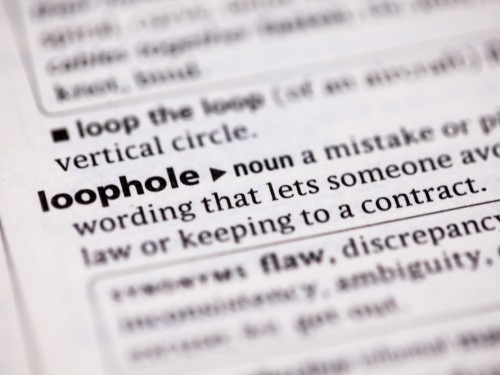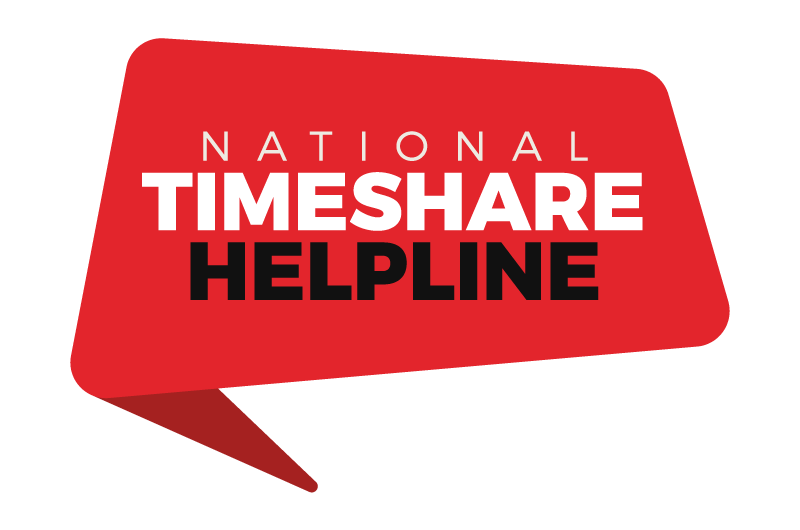
posted 1st June 2025
The Timeshare "Fractional Ownership" Scam: How a Legal Loophole Cost Victims Over £700 Million.
In 2010, a seemingly obscure legal amendment opened the floodgates to one of the most deceptive financial schemes in modern holiday ownership: the rebranding of timeshares as “fractional ownership.” While it may sound like harmless jargon, this change enabled some of the industry’s biggest players to mislead customers and walk away with hundreds of millions of pounds.
The Legal Change That Sparked the Scam.
The key moment came when Ed Davey, then Minister at the Department for Business, Innovation and Skills (BIS), amended the Financial Services and Markets Act 2000 (Collective Investment Schemes) Order 2001. The amendment stated that:
"Arrangements do not amount to a collective investment scheme if the rights or interests of the participants are rights under a timeshare contract or a long-term holiday product contract."
See legislation here
This change might have looked minor to outsiders. But for companies like Club La Costa (CLC), Diamond Resorts, and Seasons Holidays, it was a golden opportunity. Almost immediately, they stopped calling their offerings “timeshares” and began selling what they marketed as fractional ownership.
But here’s the trick: the product hadn’t changed—just the packaging.
Same Product, Different Name
Consumers were told they were buying an equity share, fraction or ownership in a luxury property—something that might appreciate in value or be resold later. In reality, what they got was just a glorified timeshare: a temporary right to use a holiday property, with no real ownership, no legal title, and no investment potential.
The legal structure of these so-called fractional ownership schemes was virtually identical to traditional timeshare contracts—just carefully designed to stay outside the scope of regulatory oversight, thanks to the new legal wording.
A Simple Analogy: The Bread Shop Scam
To understand how deceptive this was, imagine this scenario:
There’s a law that says:
“You can’t sell stale bread unless you label it as stale and warn people it’s not fresh.”
Then in 2010, the rule changes:
“If the stale bread is sold as part of a holiday picnic package, you don’t have to call it stale anymore.”
Suddenly, three major bakeries—let’s call them Club Crust, Diamond Loaf, and Seasoned Bakers—start selling “Picnic Bread Shares.” They advertise them as part of an exclusive, luxury experience.
But nothing has changed.
The bread is still stale.
People think they’re getting artisanal bread as part of a high-end picnic, but really, they’re just buying a slice of the same old, worthless loaf. No refunds, no resale value, and no picnic.
That’s exactly what happened with “fractional ownership.”
Banks and Lenders Joined the Party
Once the rebranding was in full swing, banks like Shawbrook Bank, Barclays Partner Finance, Hitachi, and funders like Honeycomb and HMC Funding joined the frenzy. They financed thousands of these deals, profiting from high-interest loans sold alongside false promises of property ownership.
The Canary in the Coal Mine: A 2012 Warning
As early as 2012, solicitor Stephen Gilchrist sounded the alarm in Property Investor News. He warned that so-called “fractional ownership” might be nothing more than relabelled timeshares, and that under UK law, these schemes could actually qualify as collective investment schemes (CIS)—a regulated financial product.
Gilchrist explained that if the product was marketed as an investment but wasn’t compliant with CIS rules (i.e., not properly authorised by the Financial Services Authority), it could be illegal—and buyers might be entitled to full refunds.
Unfortunately, few heeded the warning.
See full article here
What Buyers Actually Got: Nothing
Despite promises of real estate investment and resale potential, buyers got none of it. Instead, they received:
- No ownership of any physical property
- No legal stake or equity
- No resale market
Just a “right to use” a holiday location, usually with strict limitations.
When customers tried to sell or exit, they discovered the awful truth: you can't sell what you don't own.
And when Seasons Holidays members attend "update meetings" hoping to discuss their resale options, they're instead pressured—sometimes aggressively—to upgrade to a newer contract, effectively doubling down on the same mistake.
The Aftermath: £700 Million Lost
The end result? Over £700 million lost by innocent families who thought they were making a smart investment in property—only to find out they'd been tricked into buying the same old timeshare with a fancier name.
These schemes not only damaged finances but ruined trust in holiday ownership for an entire generation. Meanwhile, the companies and banks walked away with enormous profits, leaving consumers with worthless contracts, legal headaches, and in many cases, long-term debt.
Conclusion: A Legal Loophole That Enabled Mass Deception
This scandal is a classic case of how subtle legal changes, when exploited by powerful companies, can lead to mass consumer harm. The 2010 amendment may have been well-intentioned, but it became the foundation for one of the most widespread mis-selling schemes in timeshare history.
The sad reality is: fractional ownership in many cases wasn’t ownership at all. It was the timeshare industry’s last-ditch attempt to reinvent itself—at the expense of the public.
If you or someone you know was sold a “fractional ownership” agreement, it's worth reviewing the contract with our help.
You may not own a share of paradise—just a piece of a very expensive illusion.



